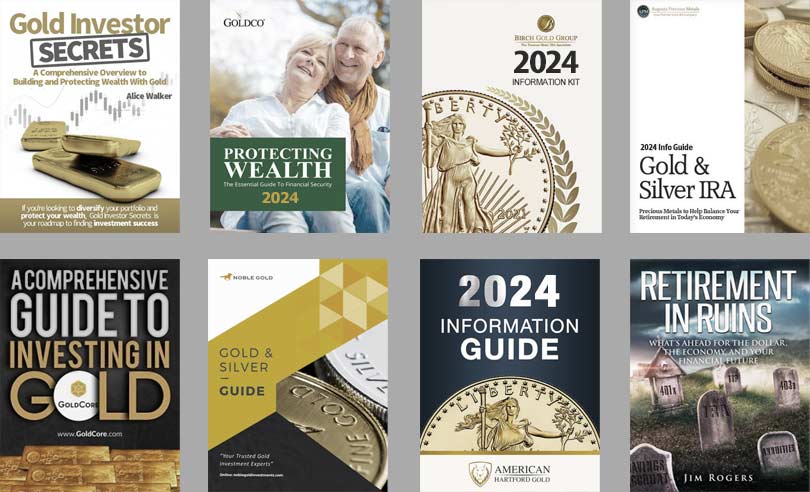Gold Prices Trade in Narrow Range while Markets Focus on Easing Deutsche Bank Fears and Pound Slumping Near 3-Decade Low
 Bullion.Directory precious metals analysis 03 October, 2016
Bullion.Directory precious metals analysis 03 October, 2016
By Steffen Grosshauser
European Operations Executive at Bullion Vault
The metal traded in a narrow range around $1316 per ounce, after it fell to a 1-week low of $1313 last Friday following news that Deutsche Bank was close to reaching a settlement with the US Department of Justice over a case related to the mis-selling of mortgage-backed securities business in the run-up to the 2008-9 financial crisis.
The bank may now end up paying $5.4 billion to the US authorities, less than half of the initially $14 billion requested by the regulators, reported French news agency Agence France-Presse on Friday.
The news about the settlement raised optimism and risk appetite among investors and lead major equity benchmarks upward, after previous fears over an insolvency of Germany’s biggest bank sent jitters across international financial markets and drove the bank’s shares to a record low.
Gold was side-lining as “everything seems to have calmed down substantially including Deutsche Bank and OPEC production cuts,” said Jeffrey Halley, senior market analyst at Canadian-based currency data provider Oanda.
“Gold had previously saw an underlying bid after the Deutsche Bank situation caused a sell-off in equities and risk-off sentiment,” noted Swiss refining and finance group MKS Group on Monday morning.
Deutsche Bank and its impact on investors’ sentiment is considered by analysts to remain one of the main drivers for the markets this week, as a changed sense of crisis is likely to affect the risk appetite and demand for considered more defensive assets such as gold.
“We see no major investor enthusiasm for gold and prices may have to ease to test the $1300-$1310 level before support materializes,” wrote analyst James Steel of bullion bank HSBC in a note. “Gold’s best near-term chance of a rally would more likely come from an oil surge or a deterioration of the financial situation in Europe,” added Steel.
Silver followed gold, trading in a narrow range of $0.30 around last week’s close of $19.17 per ounce. Palladium was down 0.2% after reaching a 7-week high last Friday.
Speculative hedge funds and other non-industry players in Comex gold raised their net long positions for the first time in three weeks in the week to 27 September.
Holdings of the world’s largest gold-backed ETF, the SPDR Gold Trust (NYSEArca:GLD), fell 0.13% to 947.95 tonnes on Friday.
The British Pound slipped against all of its 31 major peers after Britain’s Prime Minister Theresa May announced she would start the process of withdrawal from the European Union by the end of March 2017. The currency slumped 0.9% – the most in 2 weeks – and fell towards the 3-decade low that it reached in the days after the ‘Brexit’ referendum. The currency has already lost around 13% of its value against the US Dollar so far this year.
British shares were boosted by a weaker Sterling, as stocks of exporting UK companies rose, helping the UK’s FTSE 100 Index rise 0.9% to reach its highest level since June 2015.
Meanwhile, most other European stocks started the year’s last quarter little changed. Trading volumes were expected to be low, due to German markets being closed today and China celebrating the week-long National Day holiday.
“We’re getting a bit more clarity about the shape Brexit will take,” said Vasileios Gkionakis, head of global currency strategy at UniCredit Research. “A ‘hard Brexit’, which means more restricted access to the single market, seems to be increasingly the most likely scenario,” he said.
“Confirmation from the Prime Minister yesterday that Article 50 will be triggered by the end of March 2017 superficially provides some more clarity for investors on the timing of the Brexit process, but in practice not much has changed,” said Ian Williams, economist at stockbrokers Peel Hunt.
“The much discussed two-year negotiation period is a minimum, and there are many unpredictable political events scheduled across the rest of the EU during that period,” explained Williams.
Bullion.Directory or anyone involved with Bullion.Directory will not accept any liability for loss or damage as a result of reliance on the information including data, quotes, charts and buy/sell signals contained within this website. Please be fully informed regarding the risks and costs associated with trading in precious metals. Bullion.Directory advises you to always consult with a qualified and registered specialist advisor before investing in precious metals.













Leave a Reply